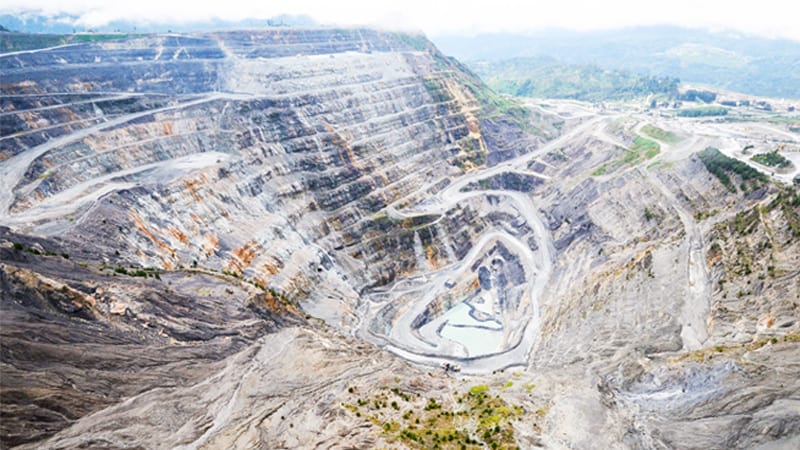Barrick Gold Corp has reached a deal that gives the Papua New Guinea government a majority share in the Porgera gold mine as part of plans to restart operations, the company said on Friday.
The deal will set a benchmark for further resources projects in the region, Prime Minister James Marape said in a statement, and help shape the terms of new developments by the likes of Australian gold miner, Newcrest Mining.
Porgera has been shut for a year after a dispute over the terms of benefit-sharing between the operator, landowners and the government, but the new framework pact paves the way to resume operations.
“We intend to partner with all key stakeholders to make Porgera a world-class, long-life gold mine,” Barrick Chief Executive Mark Bristow said in a statement.
The deal places Porgera ownership in a new joint venture that is 51 percent owned by PNG stakeholders and the rest by Barrick Niugini Limited (BNL), Barrick added.
BNL, jointly owned by Barrick and China’s Zijin Mining, will remain operator of the mine. The parties will now work on definitive terms prior to a restart.
In a filing, Zijin said it expected the mine to resume operations this year.
“The company believes that an early restart of the Porgera gold mine is in the interest of all parties,” it added.
Barrick and Zijin have agreed to effectively halve their stakes from 47.5 percent each previously, with the remaining 5 percent allotted to Papua New Guinea’s Mineral Resources Enga.
The deal sets a 53:47 split between PNG stakeholders and BNL in economic benefits generated over the life of the mine, with BNL providing the capital to restart.
Part of the equity increase will be allocated to a broad group of landowners from the Porgera region. Papua New Guinea will retain the right to acquire the remaining 49% of the mine from BNL at fair market value after 10 years.
“This announcement is a significant milestone in the government’s effort to build strong frameworks within the resource sector which will benchmark future considerations for similar projects,” Marape said in a statement.
Major resources developments include Newcrest Mining’s Wafi Golpu project.
Additional benefits cited by Marape include an opportunity for landowners to boost equity beyond 15%, with Barrick paying for the additional 10 percent free equity, as well a further one percent to 3 percent in royalty payments to landowners, up from two percent.
Until 2019, the economic split was about 25 percent for the PNG stakeholders with equity and taxes, whereas the new deal will see that move to about 53 percent in favour of the PNG stakeholders over the full life of the mine.
Marape said the government was able to collect taxes up front, with a corporate income tax rate of 30 percent for the project.
